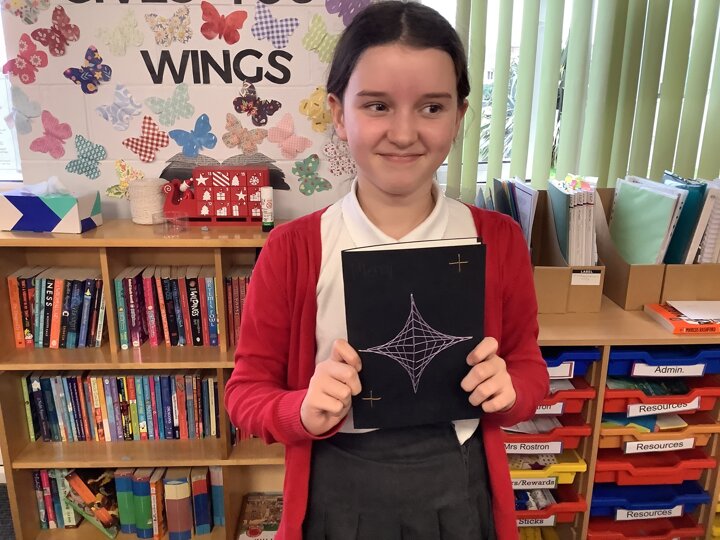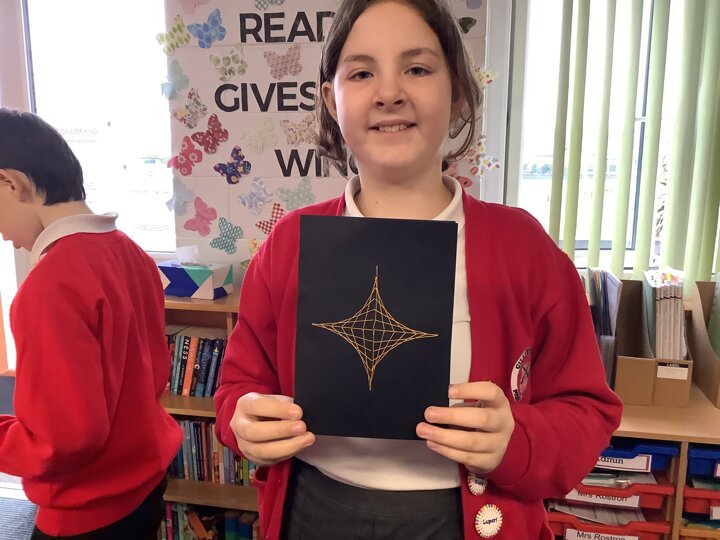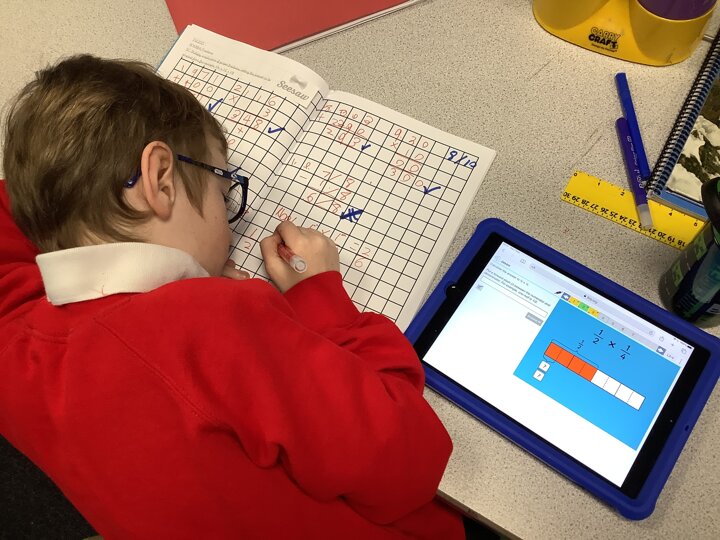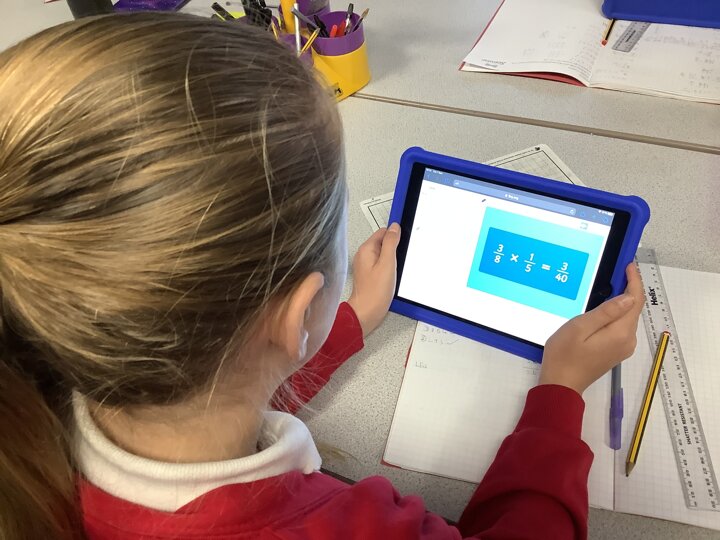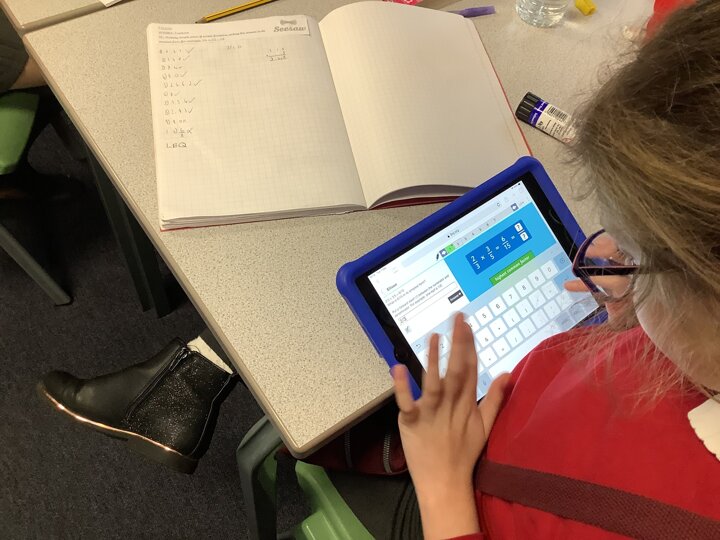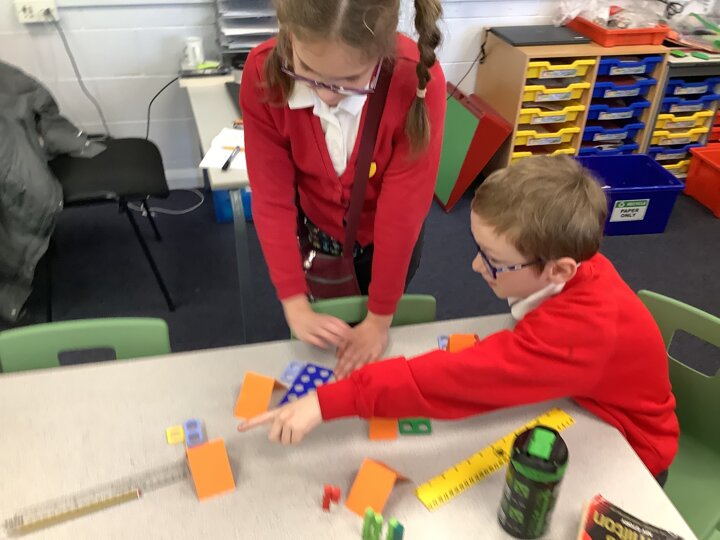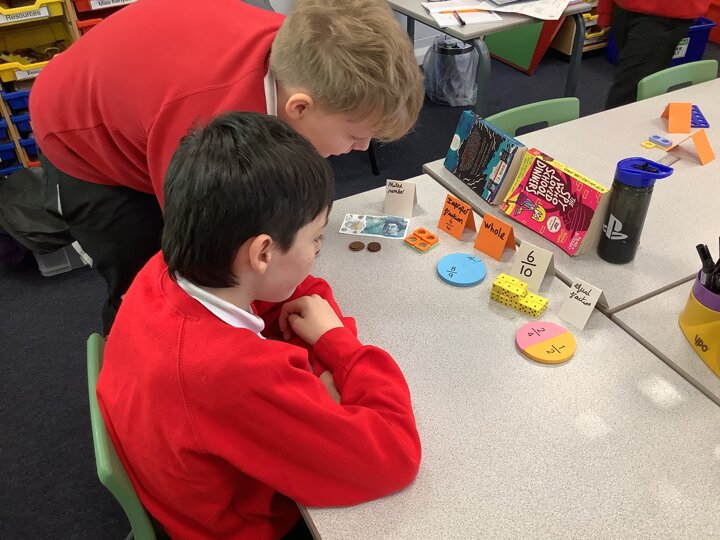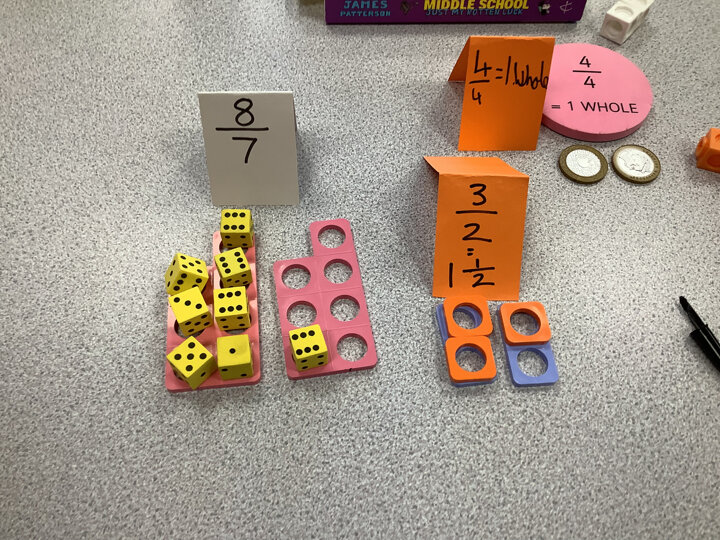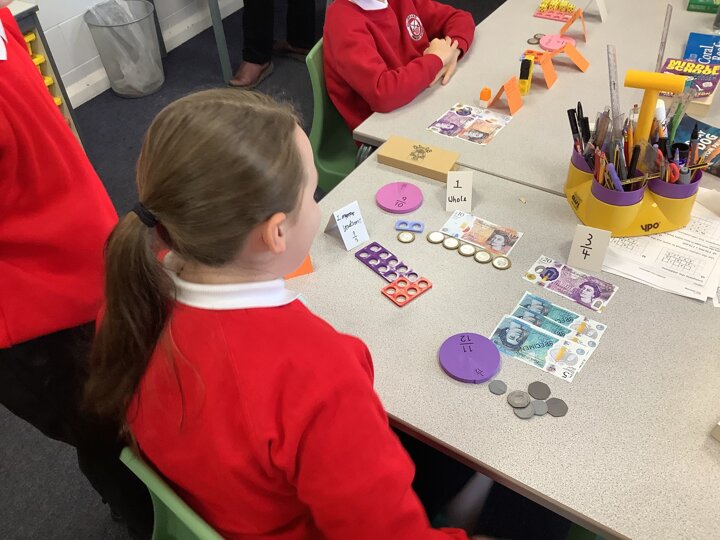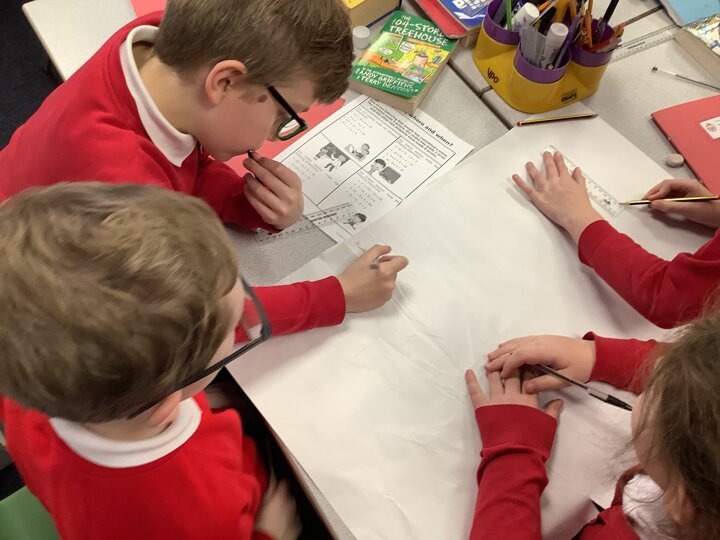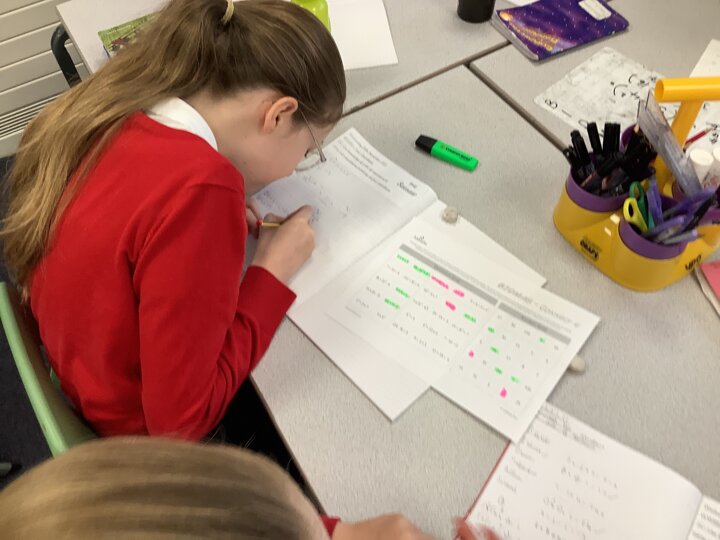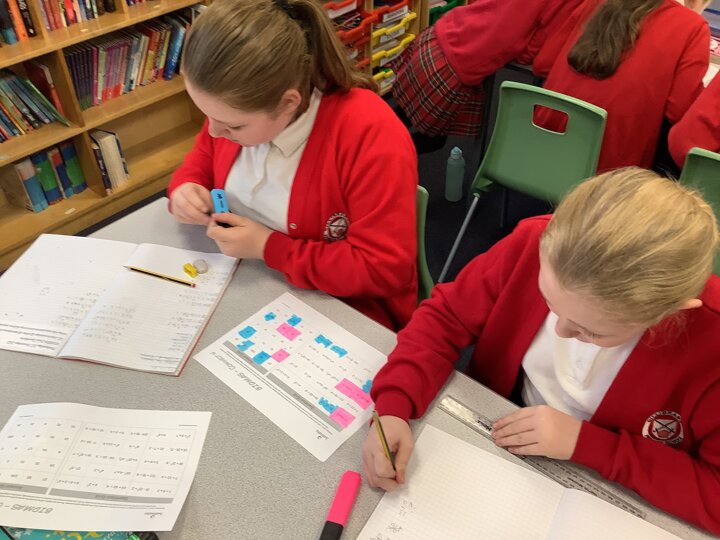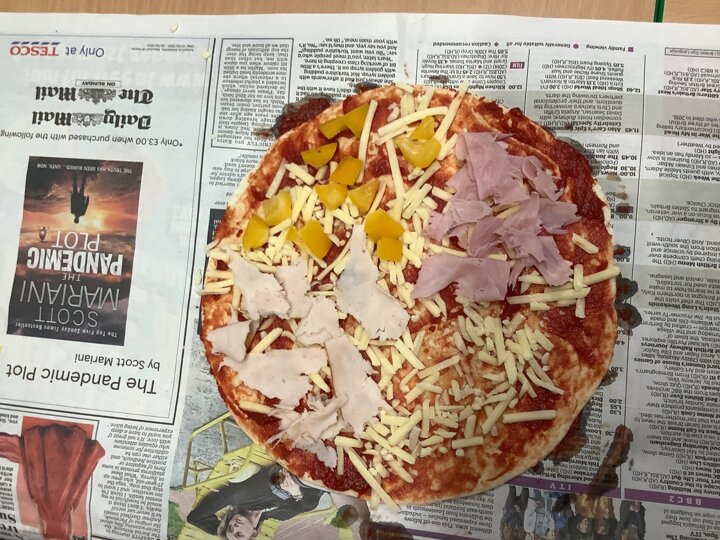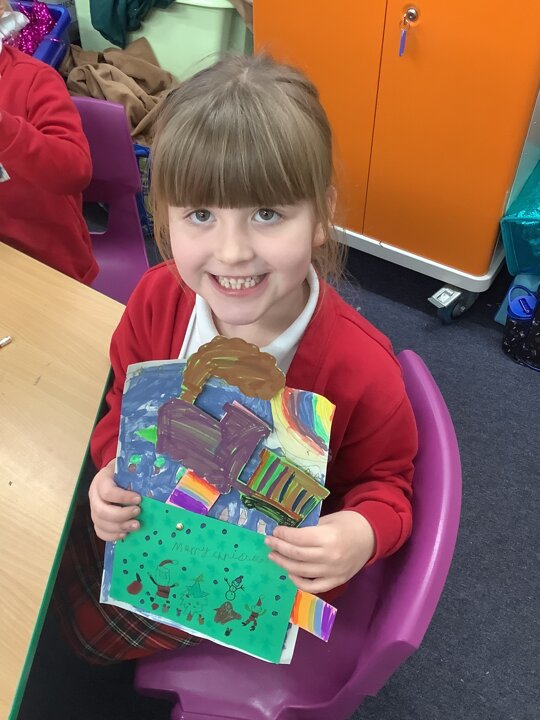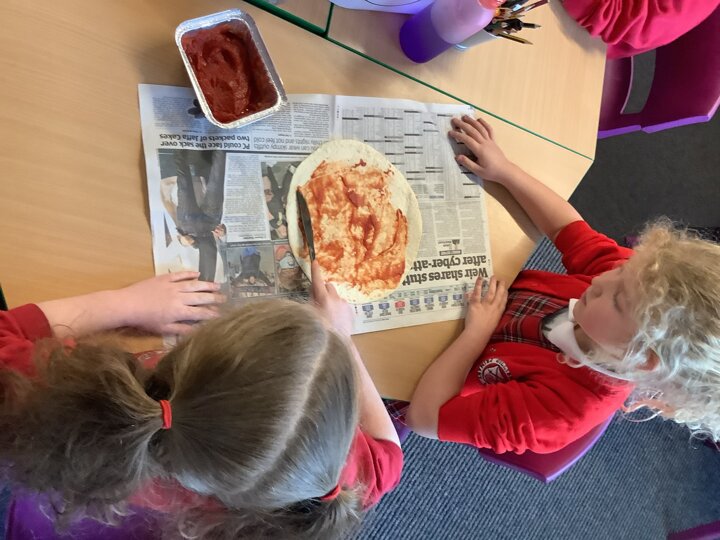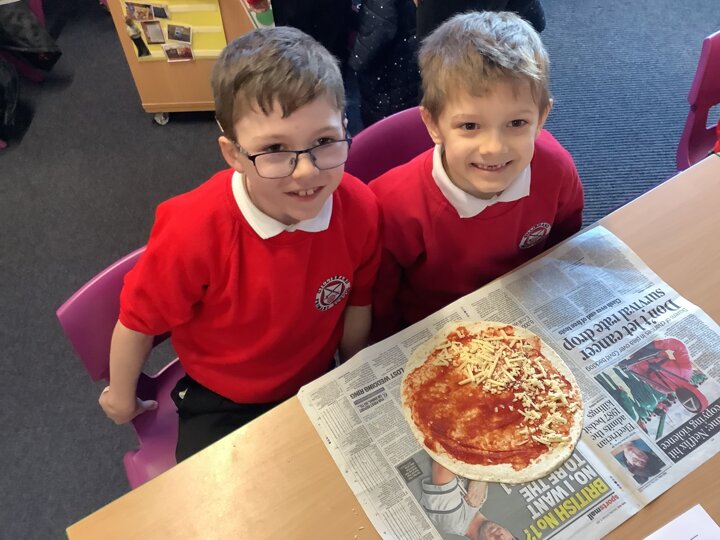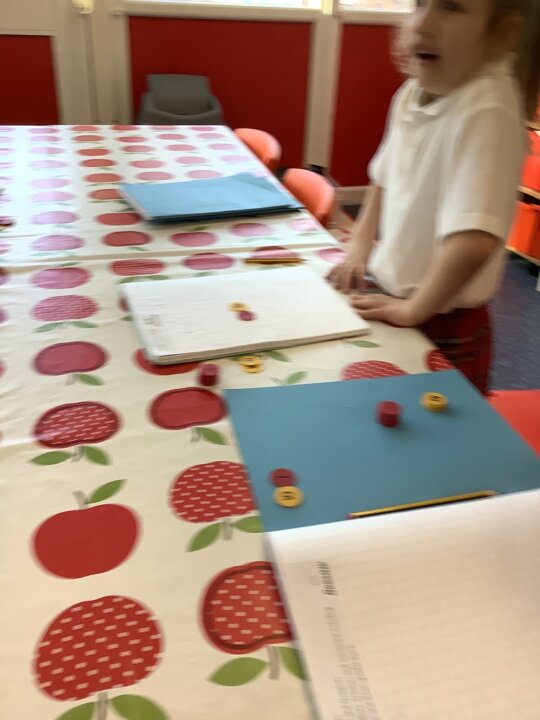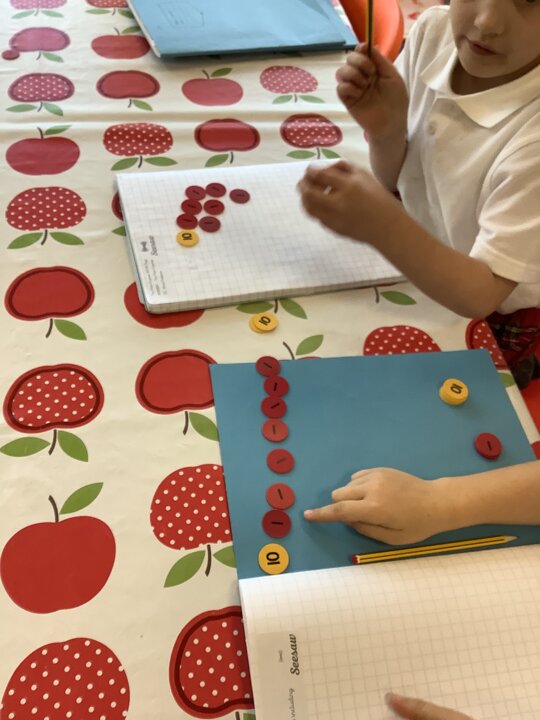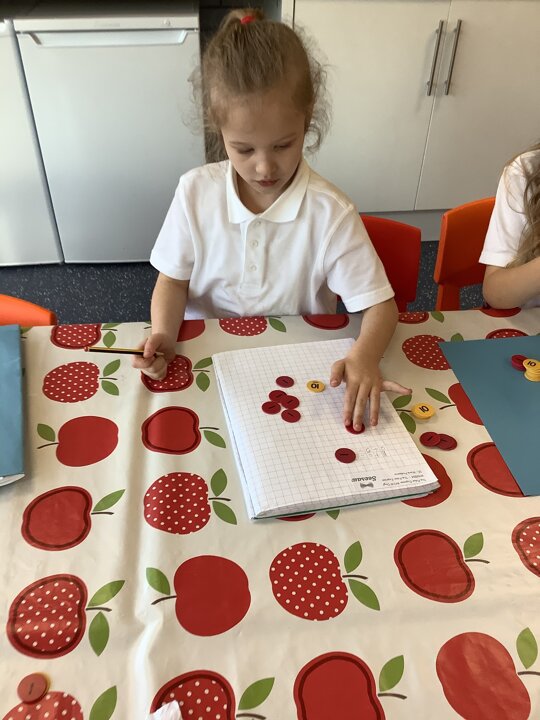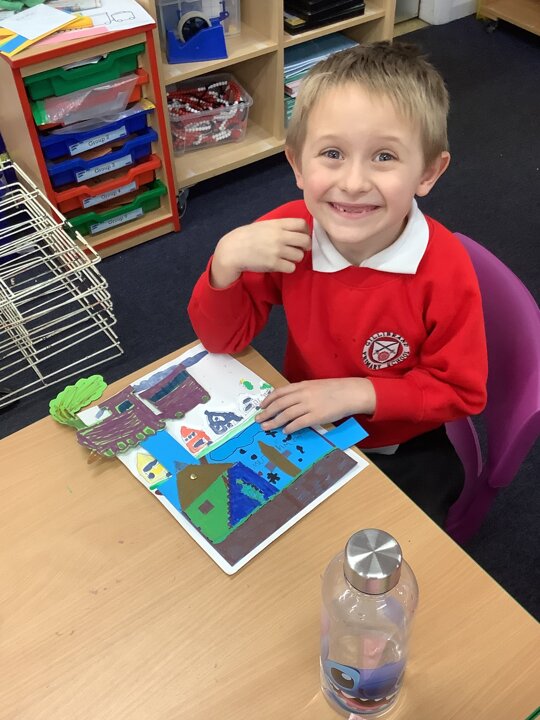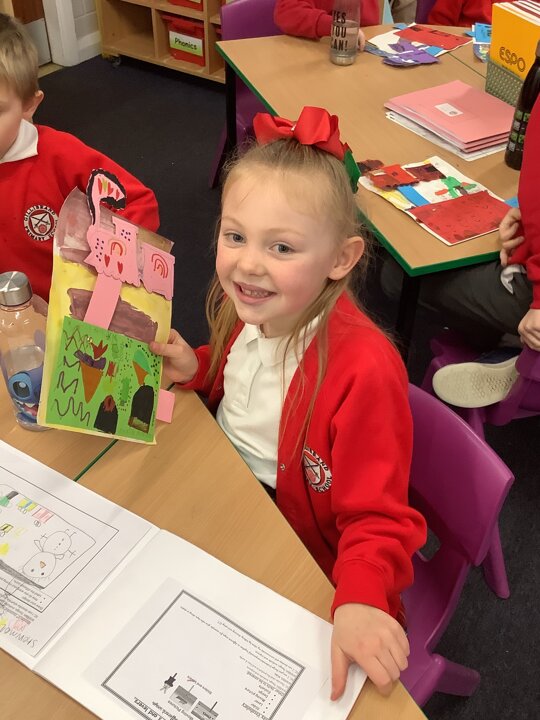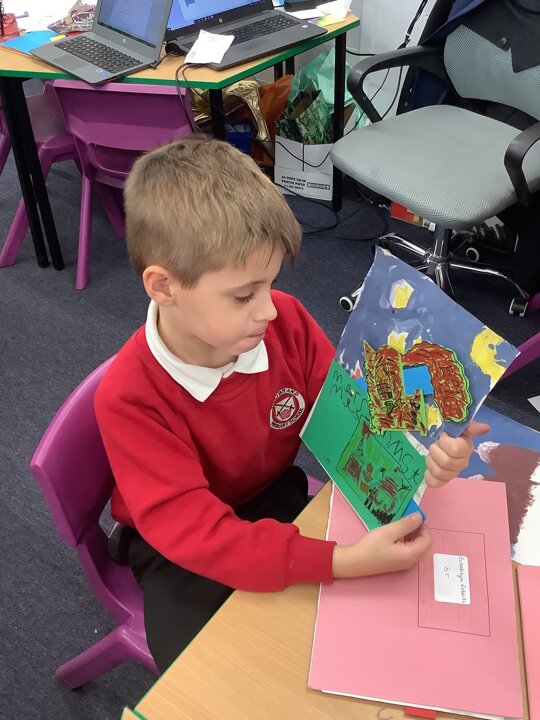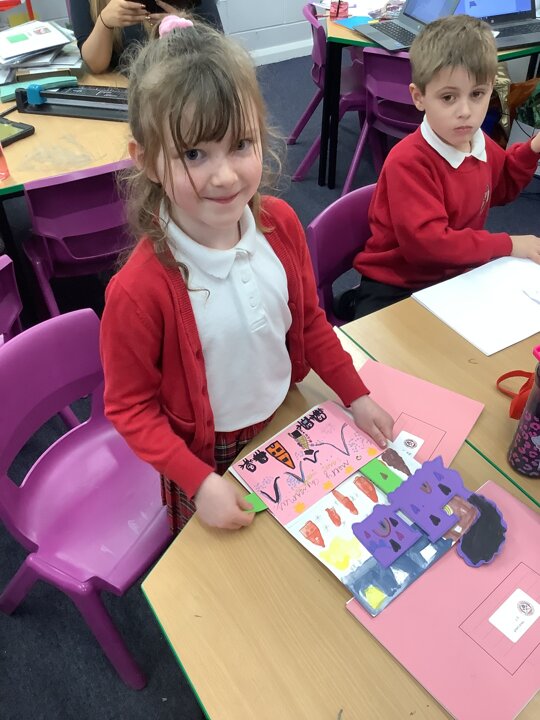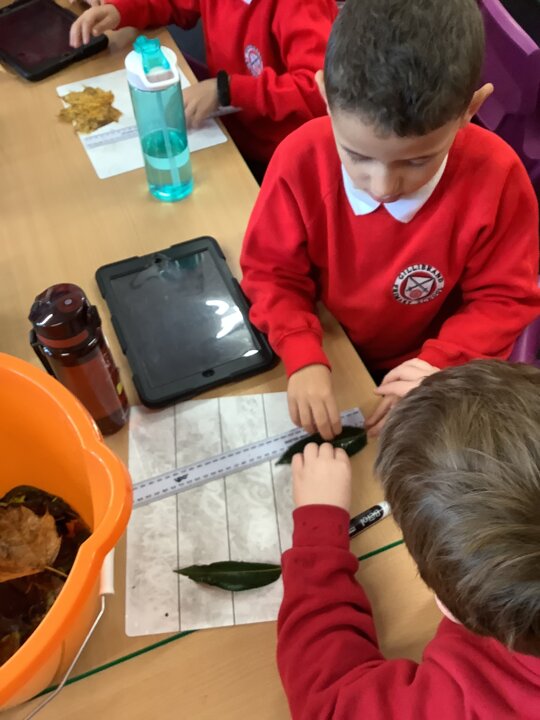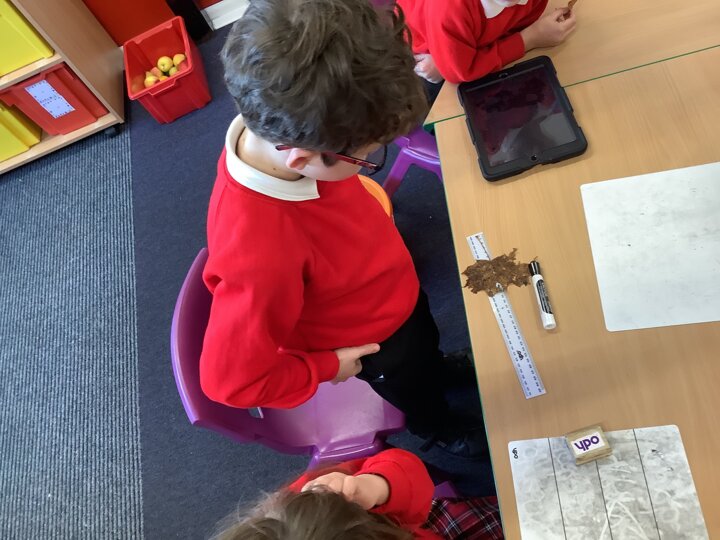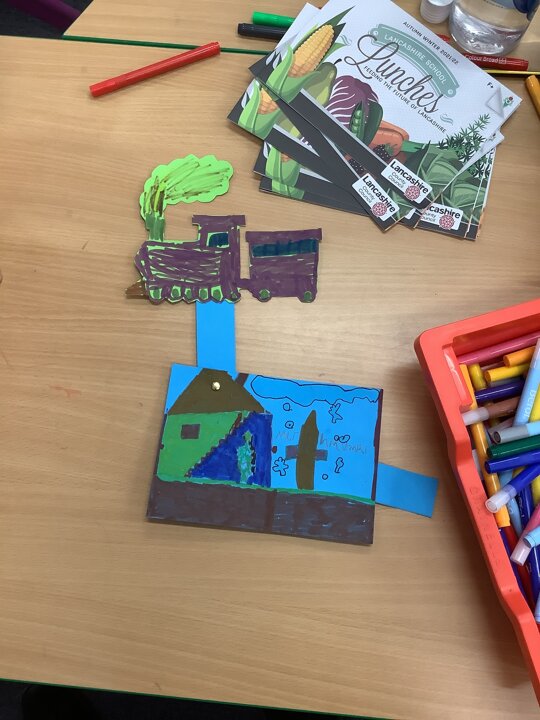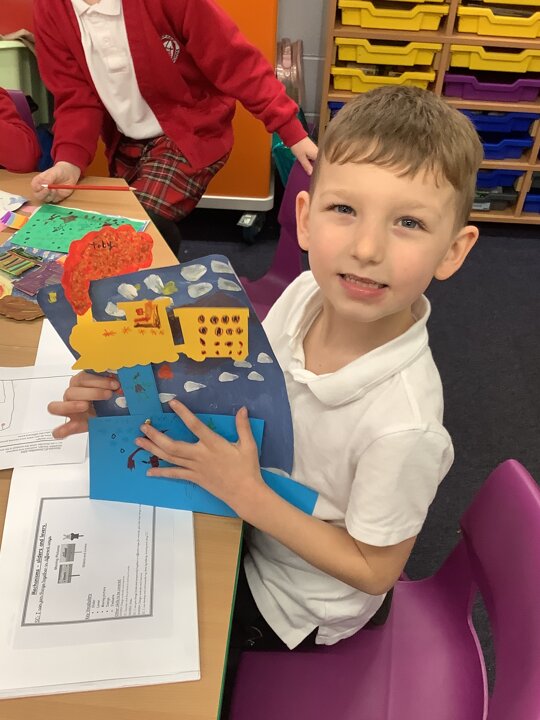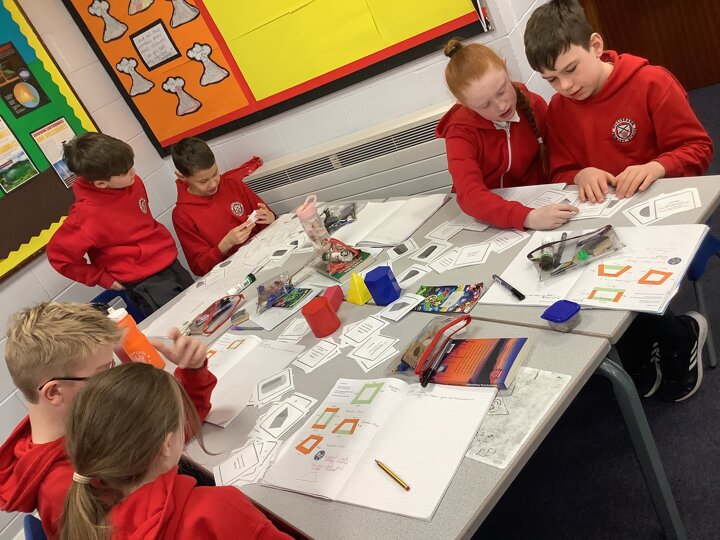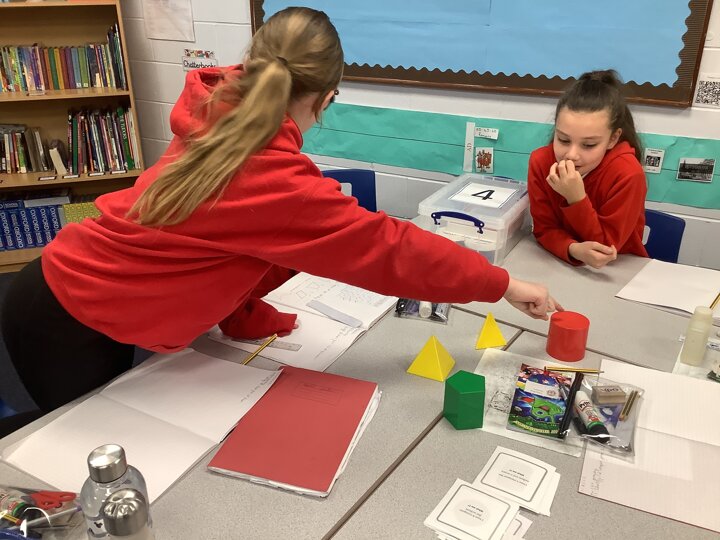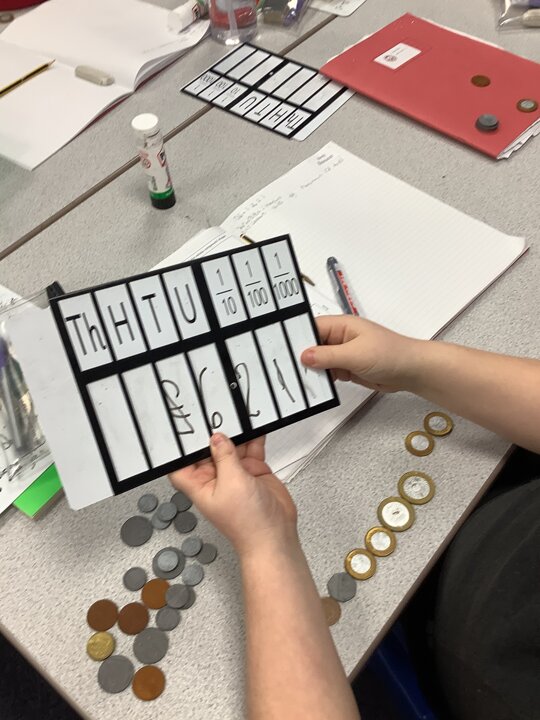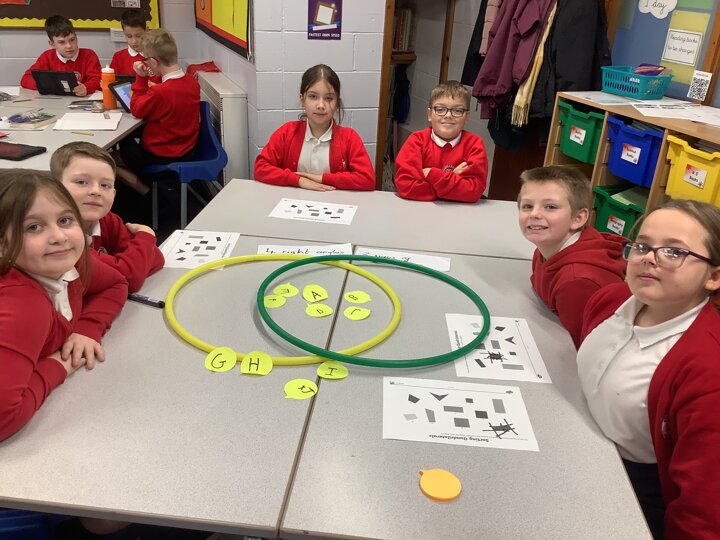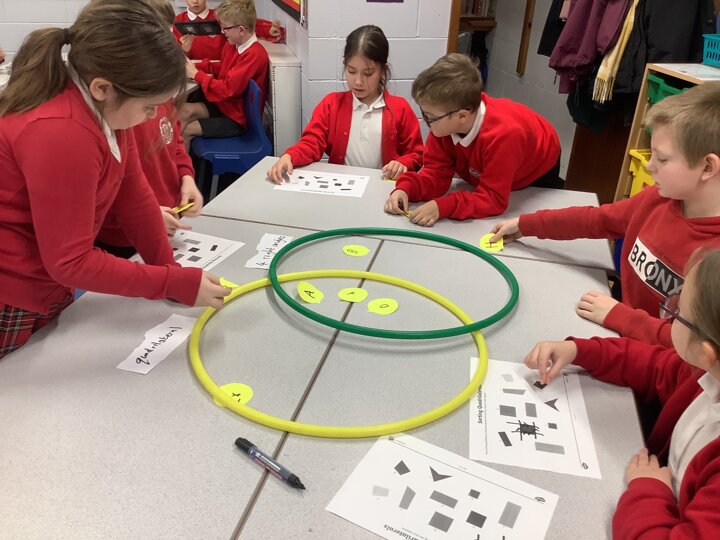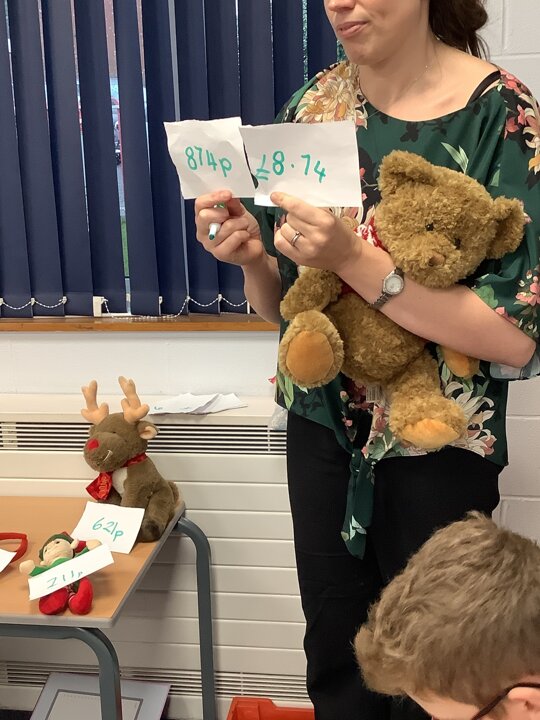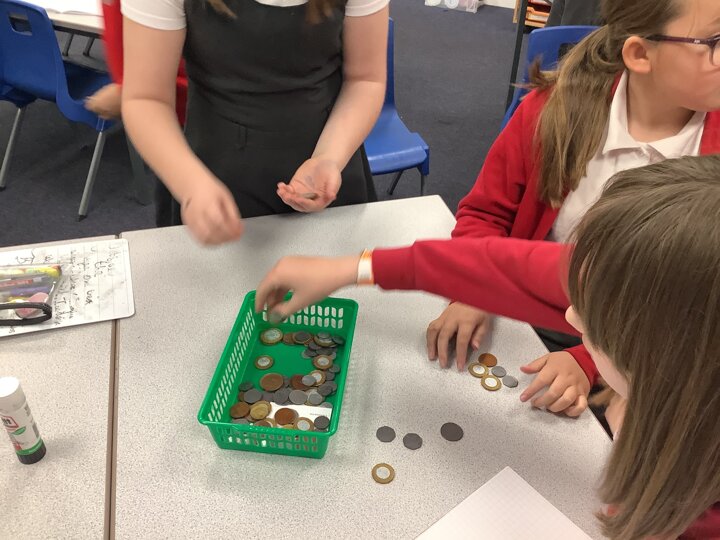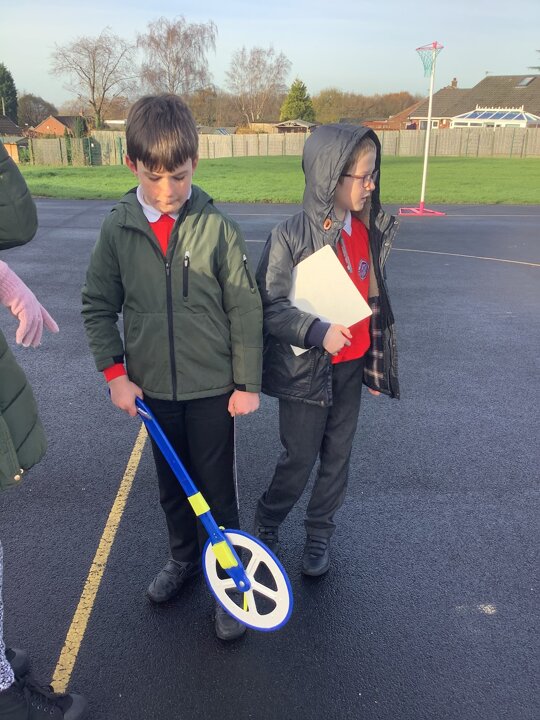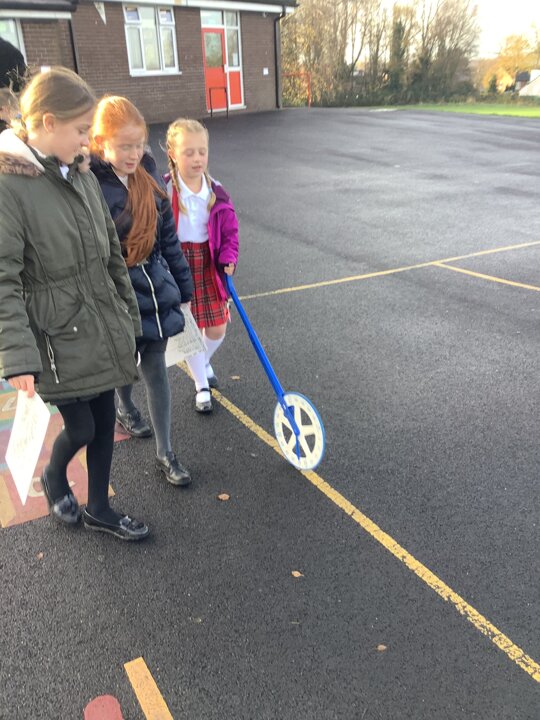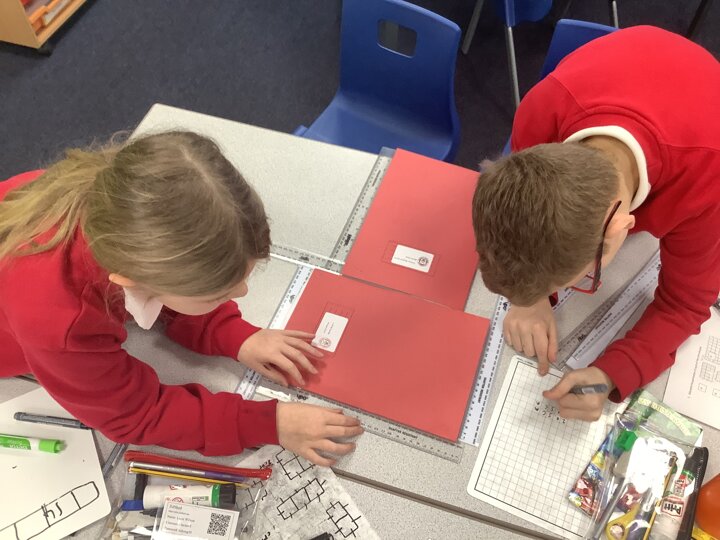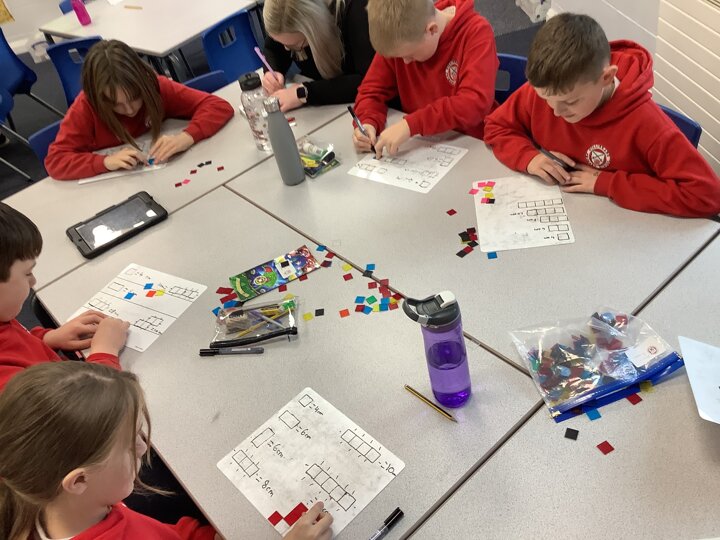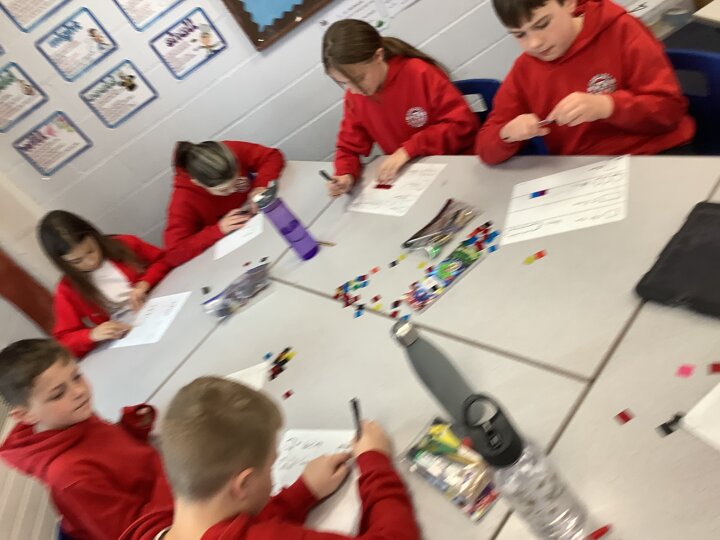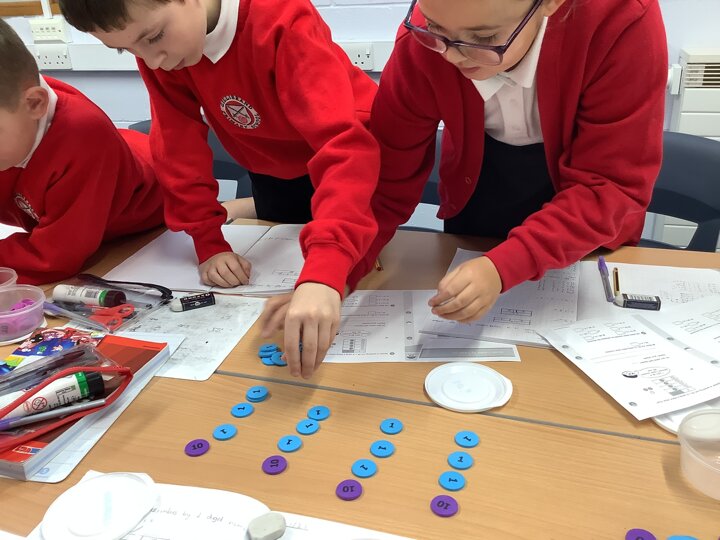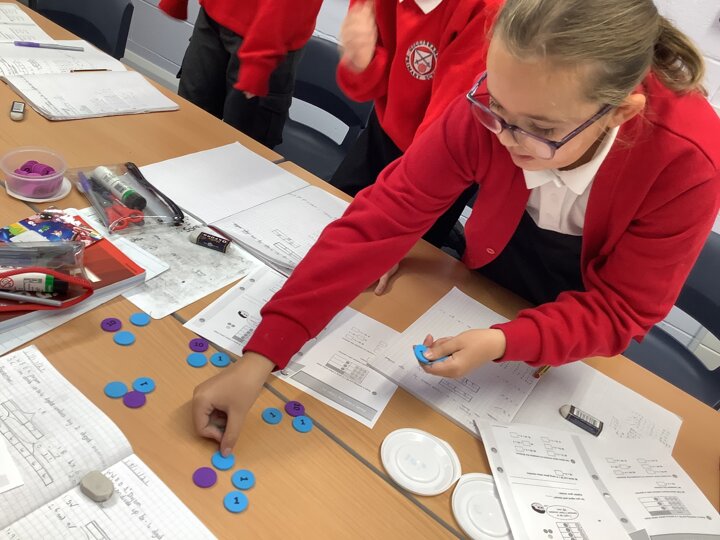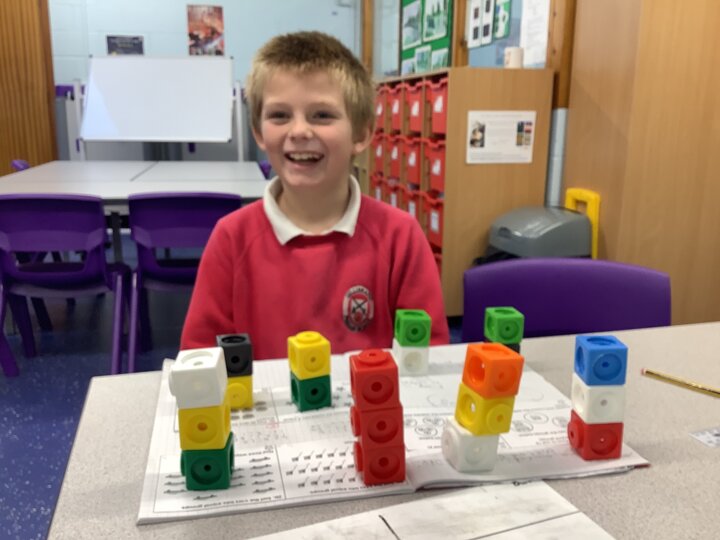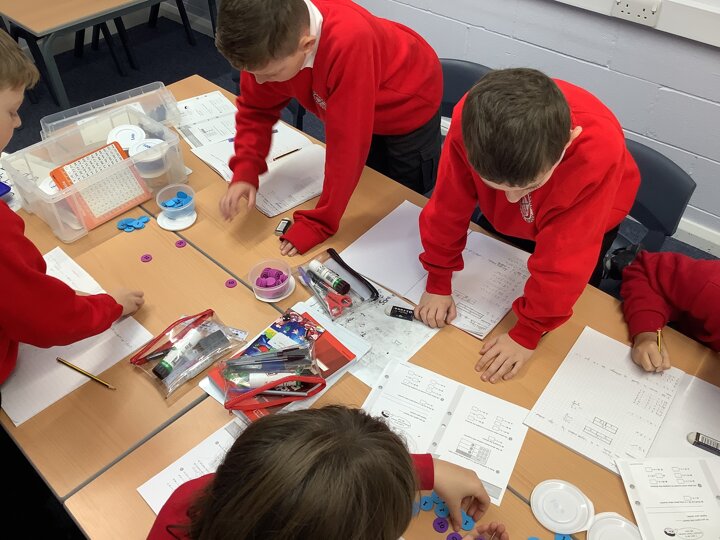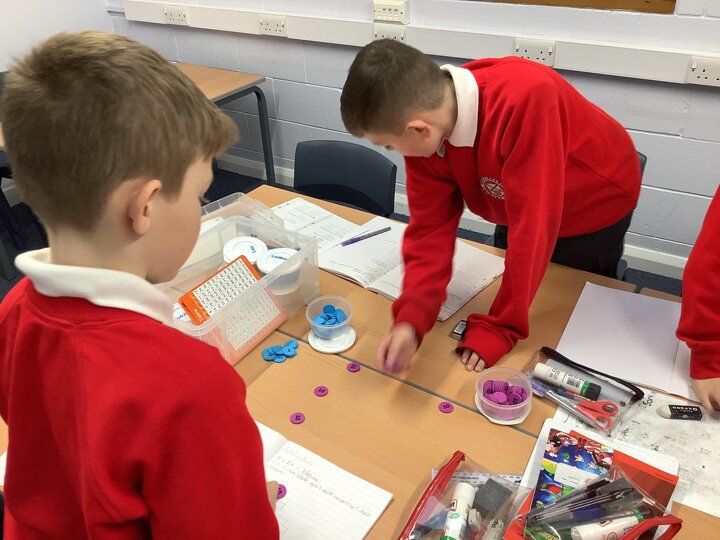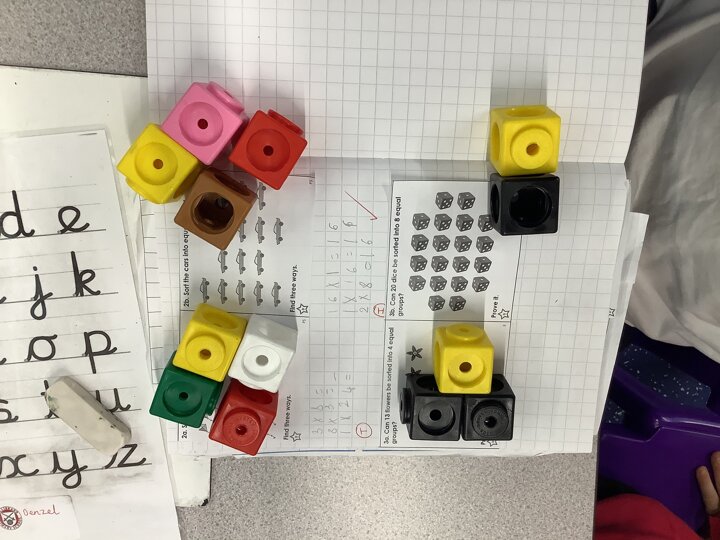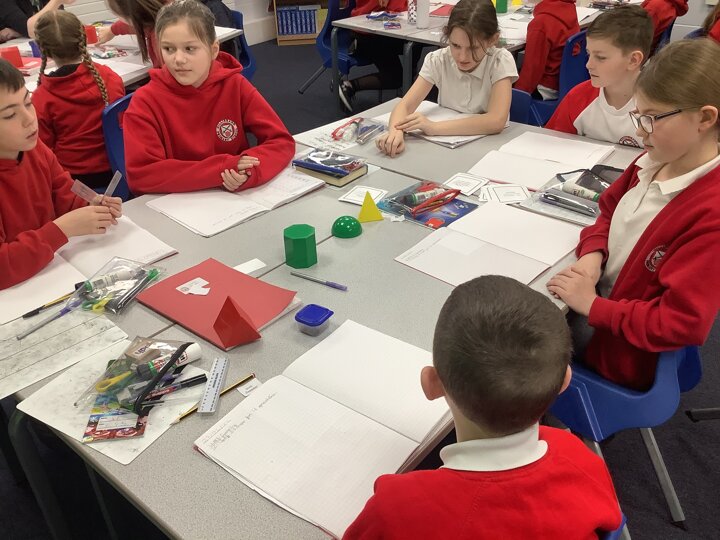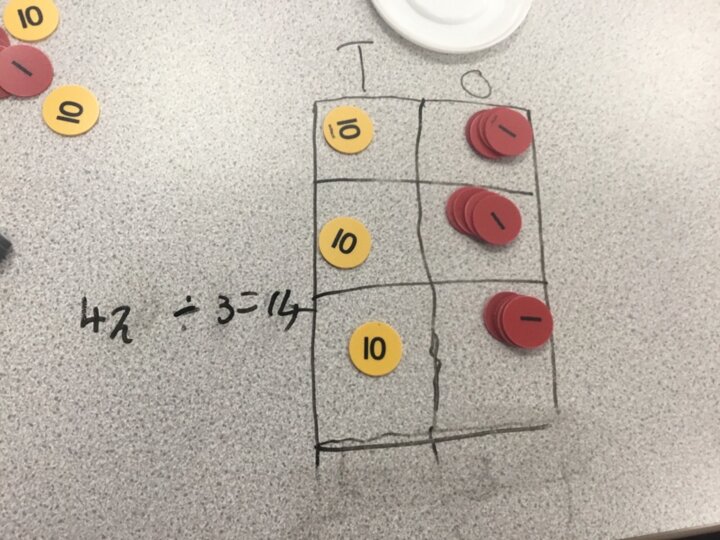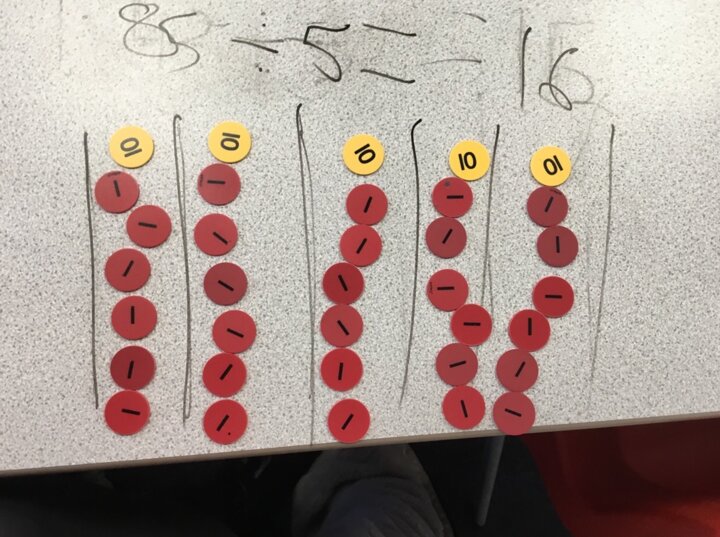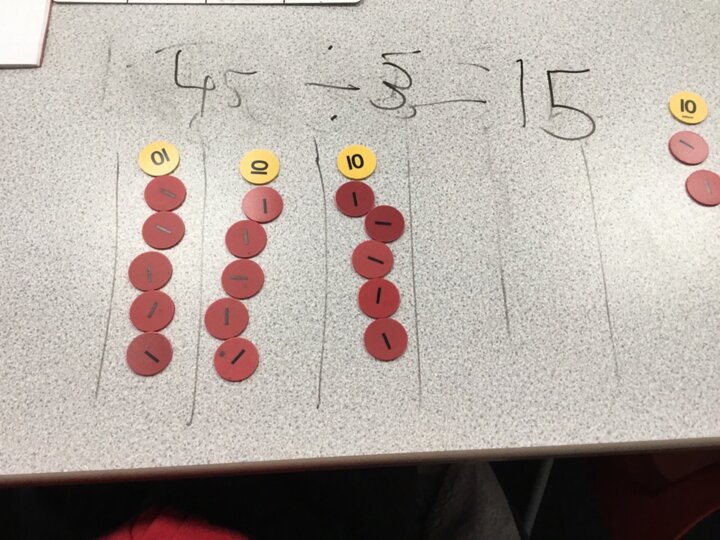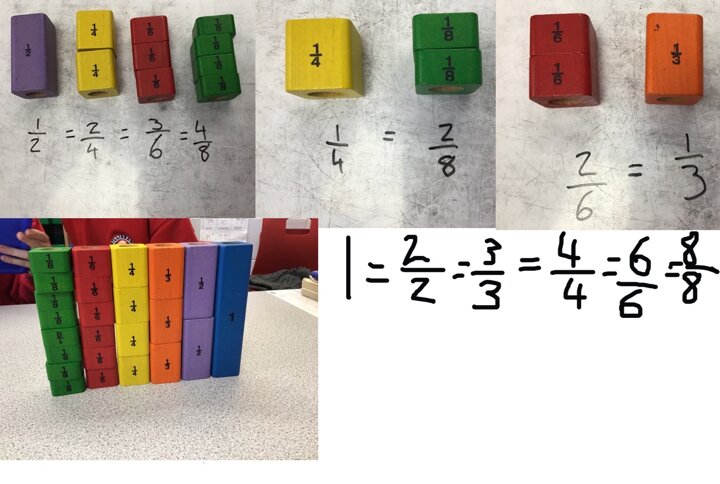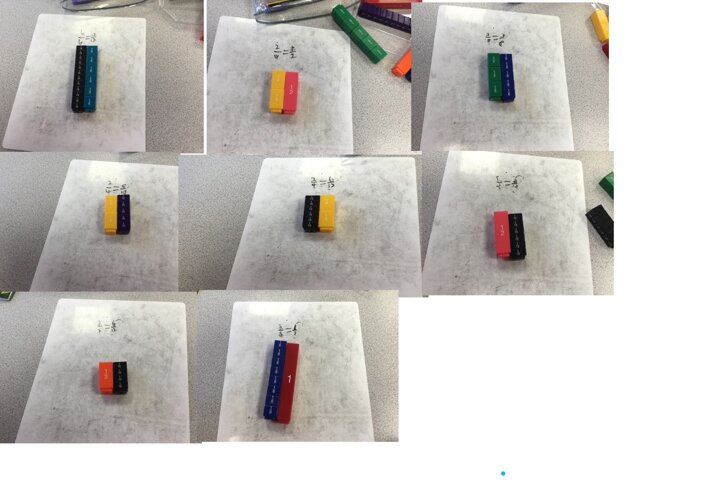MATHEMATICS
Intent
At Gillibrand we aim to develop a fun, practical and engaging high-quality maths curriculum that inspires the next generation of mathematicians. We do this through fully adhering to the aims of the national curriculum and fostering a healthy curiosity and interest in the different aspects of maths. At the heart of our maths curriculum is varied fluency, reasoning and problem solving. Wherever possible we intend to deliver lessons where children learn through varied fluency, reasoning and problem solving, leading to them being equipped for life and able to ask and answer mathematical questions about the world around them. We believe maths encompasses the acquisition of knowledge and breeds a positive attitude to learning, teaching perseverance, and empowering our children to be confident mathematicians. Throughout the curriculum, the children will acquire and develop the key knowledge that has been identified within each topic and across each year group, as well as the application of mathematical skills. We ensure that varied fluency, reasoning and problem solving skills are built-on and developed throughout children’s time at the school so that they can apply their knowledge of mathematics across topics and link to other subjects.
Implementation
The learning of key mathematical knowledge and vocabulary is an integral part of our maths lessons. Math displays are used to provide useful and powerful vocabulary and share knowledge learnt within each unit. At Gillibrand, teachers create a positive attitude to mathematical learning within their classrooms and reinforce an expectation that all children are capable of achieving high standards in maths.
Our whole school approach to the teaching and learning of maths involves the following;
- Maths is taught in planned topic blocks by the class teacher. Planning and teaching ensures that all children, regardless of ability have high expectations and are exposed to varied fluency, reasoning and problem solving.
- Where possible we teach maths across the curriculum to embed learning and prompt children to identify links across all subjects.
- We plan for problem solving and real-life opportunities that enable children to find out for themselves. Children are encouraged to ask their own questions and be given opportunities to use their mathematical skills and research to discover the answers.
- Planning involves teachers creating practical, engaging lessons with opportunities for precise questioning in class to test knowledge and skills and assess children regularly to identify those children with gaps in learning.
- Our curriculum is progressive. We build upon the learning and skill development of the previous years, which is assessed through our ‘pre-learning assessments’ where teachers can identify misconceptions that need addressing.
- Varied fluency, reasoning and problem solving are embedded into lessons to ensure these skills are being developed throughout the children’s school career, and new vocabulary and challenging concepts are introduced through Quality First Teaching.
- Teachers demonstrate how to use concrete and varied visual representation, and the various maths skills in order to embed scientific understanding. Teachers find opportunities to develop children’s understanding of their surroundings by accessing outdoor learning both in the community and the school grounds, and bespoke workshops with experts.
Impact
The successful approach to the teaching of mathematics at Gillibrand results in a fun, engaging, high quality maths education, that ensures progress, retention of knowledge and provides children with the foundations for understanding the world that they can take with them once they complete their primary education. We provide memorable experiences that encourage children to be curious thinkers and intelligent questioners. Children take pride in their mathematical work and are able to discuss their learning confidently.
Calculation policies
Calculation Policy - Subtraction
Calculation Policy - Multiplication
Times Tables Facts
Knowing all multiplication facts up to 12 x 12 is a requirement by the end of year 4. So one of the ways we make learning more fun is through singing our times tables!
Click below for links to help your child learn multiplication facts. Have fun!
Once your child is in year 2, make sure your child also logs on to Times Tables Rock Stars - a fun way of learning their times tables.
Other free websites that your child can enjoy at home include:
BBC Schools - Primary Homework Help | Online Games For Kids - BBC Bitesize
Snappy Maths - Snappy Maths - Free worksheets and interactive mathematics resources for primary/elementary education.
Top marks - Maths - Topmarks Search
